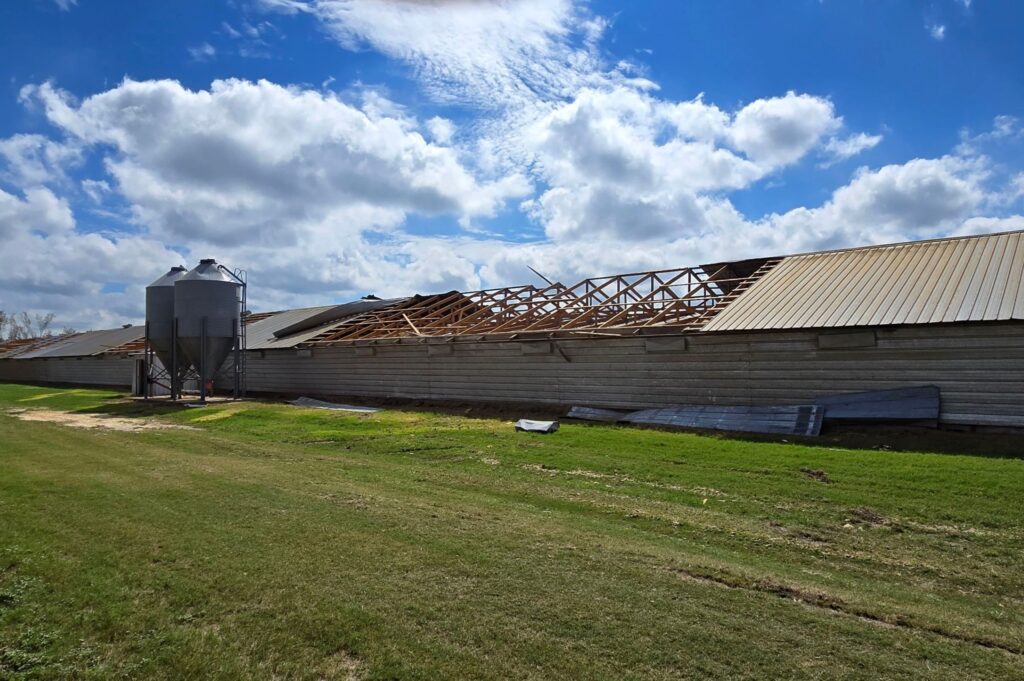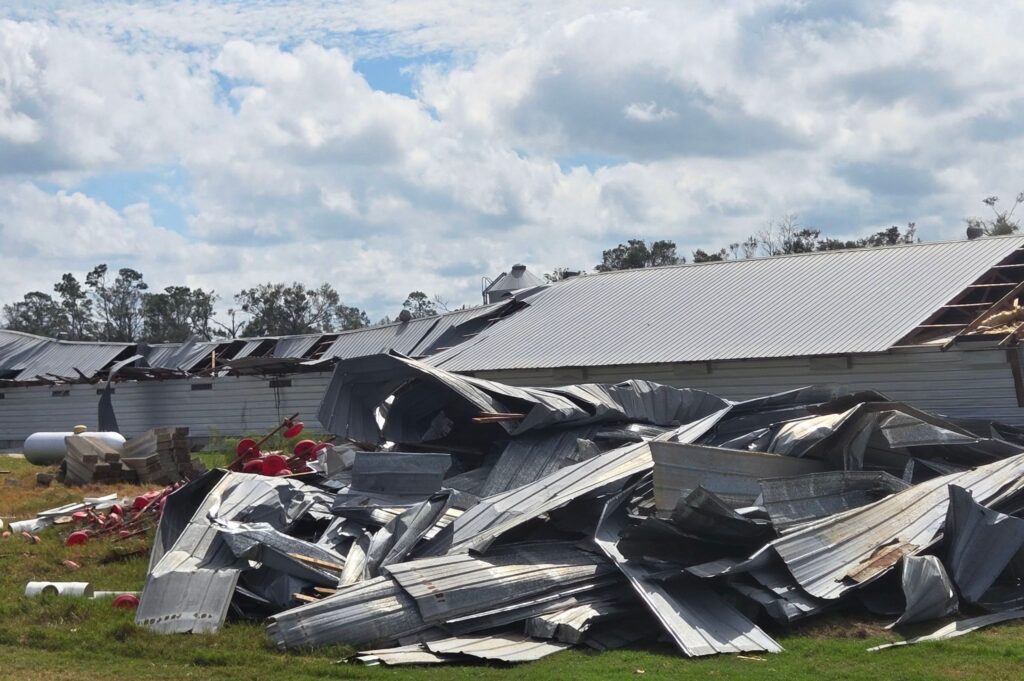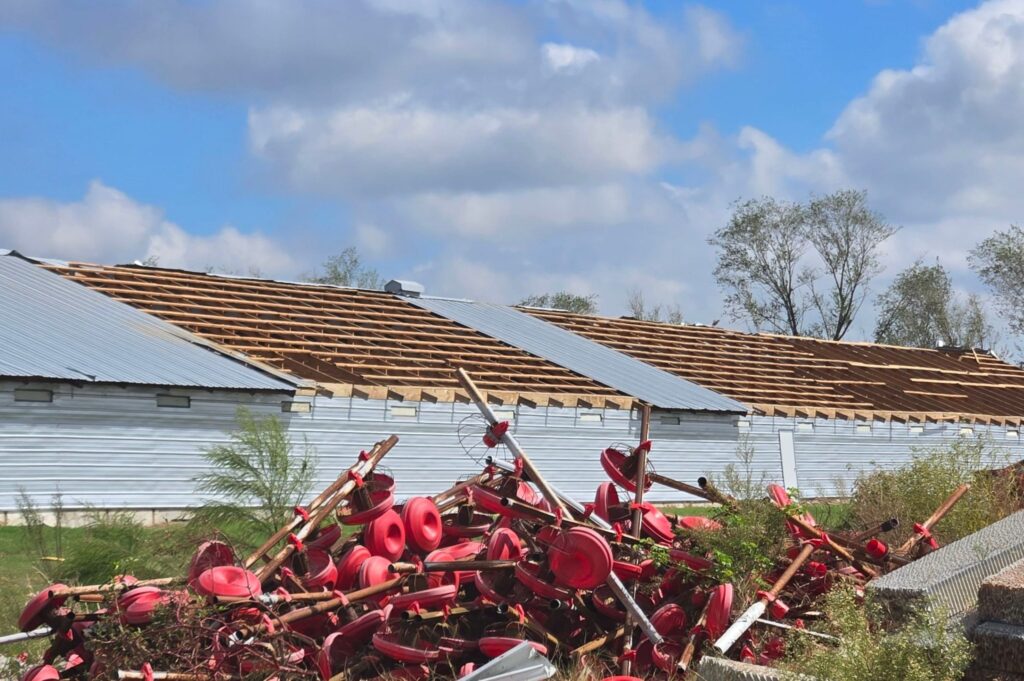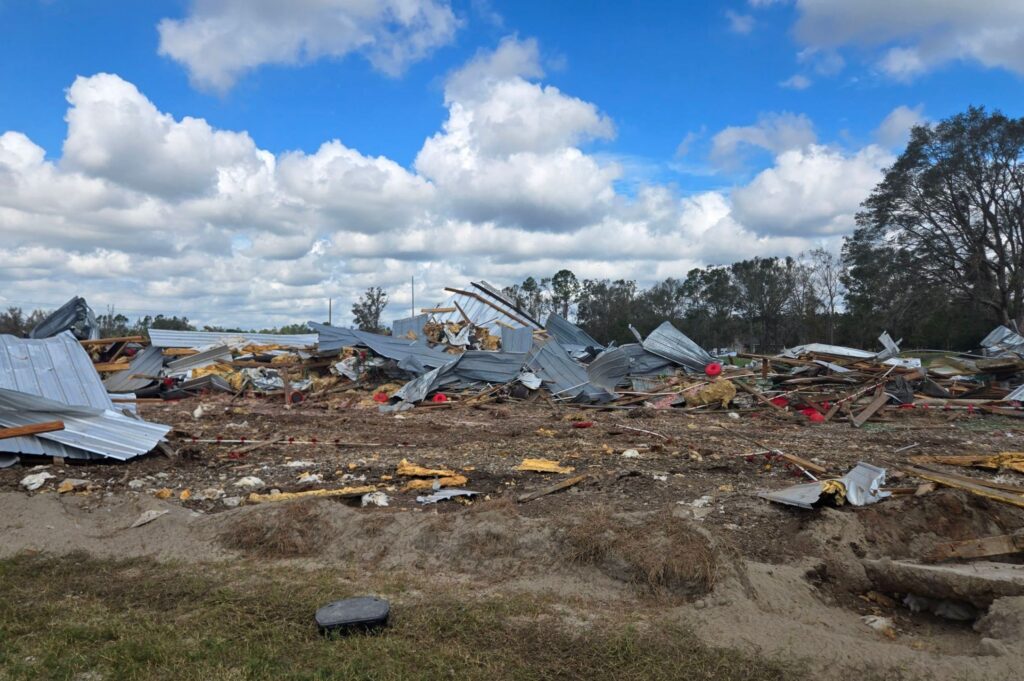Start Your Hurricane Recovery Process on the Right Foot After Helene and Milton
Hurricane Helene and Hurricane Milton have left many property owners facing the daunting task of assessing and recovering from damage. As you begin to navigate the recovery process, it’s crucial to choose the right contractor to ensure your property is restored to its former condition. In this blog, we’ll guide you through what to look for when selecting a contractor, what to expect in terms of recovery timelines, and the vital role of prompt property inspections.
Why Inspections Matter Post Hurricanes Helene and Milton
After Hurricanes Helene and Milton, the first step towards recovery is to have your property inspected as soon as it’s safe. A thorough inspection not only identifies the extent of damage but also helps prevent further issues, such as mold growth or structural instability. This is where Premier Claims comes in. Our team can provide a comprehensive inspection, working directly with your insurance carrier. We aim for all damages to be accounted for, helping you avoid the common pitfalls of underpaid or denied claims.
Premier Claims offers more than just inspections—we take the burden of dealing with the insurance claims process off your shoulders. We are here to guide you through every step of the recovery process. For help with your Hurricane Helene or Hurricane Milton claim, contact our team today! Here are a few reasons why acting quickly is essential:
- Prevent Further Damage: The longer you wait to address damages, the more likely they are to get worse. Water intrusion, for instance, can lead to significant structural issues if not dealt with immediately.
- Expedited Claims Process: Insurance carriers often prioritize claims based on the timing of inspections. Getting your property assessed quickly can help ensure your claim is addressed promptly, leading to faster recovery.
- Mitigation of Risks: Securing your property against additional damage—such as using tarps for roofs or boarding up windows—can help mitigate risks and protect your property until repairs can begin.
What to Look for in a Contractor Post-Hurricane
Choosing the right contractor can significantly impact your recovery experience. Here are key factors to consider:
- Licensing and Insurance: Ensure the contractor you choose is properly licensed and insured. This protects you from liability in case of accidents on your property and provides you with a contractor who is qualified to handle repairs of your specific damage type.
- Experience with Hurricane Damage: Look for contractors who have experience dealing specifically with hurricane-related damages. They will be more familiar with the common issues arising from such events and how to address them effectively.
- Positive Reviews and References: Check online reviews and ask for references from previous clients. A contractor with a proven track record of satisfactory work will provide peace of mind as you move forward with recovery.
- Clear Communication: Your contractor should be open and communicative, ensuring you understand the scope of work, timelines, and costs involved. Look for someone who is willing to answer your questions and address your concerns.
- Detailed Estimates: Request detailed written estimates from potential contractors. This should include a breakdown of costs, materials to be used, and a timeline for the project. A reputable contractor will be transparent about what you can expect.
What to Expect During the Recovery Timeline
Once you’ve selected a contractor, understanding the recovery timeline is vital for managing your expectations. The recovery process can look different for everyone, depending on the severity of your property damage, your insurance carrier, and the availability of the materials required to repair your property. It’s important to have open communication with your contractor to understand the scope of work at hand fully. Keep an open mind and know your property will be restored to its former glory.
Recovering from Hurricane Helene and Hurricane Milton is undoubtedly challenging, but choosing the right contractor can ease the process significantly. By acting quickly to have your property inspected and following the tips outlined above, you can make informed decisions that will lead to a smoother recovery. At Premier Claims, we understand the emotional and physical toll hurricanes can take on property owners, and we are here to support you through the claims process and recovery journey. Remember, you don’t have to go through this alone—contact our team today!







